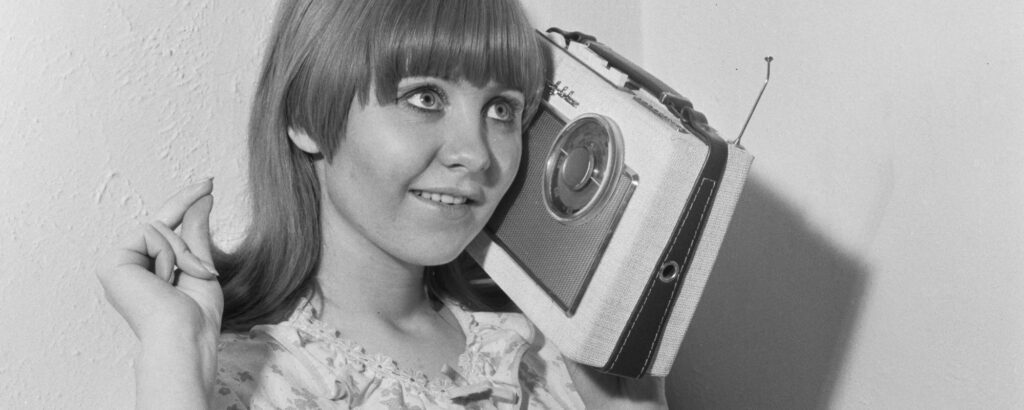Sharing music is a great way to express your beliefs, values, and interests to others, and according to one study based out of the University of Leicester in the late 2000s, your music taste might be saying more about you than you realize. To be clear, the evidence suggesting music taste can inform others about your lifestyle choices, criminal history, and general moods is all correlative.
Still, it’s fun to think about what this scientific study got right (and wrong) about what someone’s music taste says about that person.
The Study Combined Musical Preferences With a Lifestyle Questionnaire
For as long as we’ve been making music, we’ve been using it as a way to communicate with others. Before the advent of recording, we performed our music face-to-face. Soon, physical music on vinyl, cassette, and CD made it easier than ever to express yourself via gifted records, mix tapes, and burned CDs. (This writer remembers passing around thumb drives as our “mix tape” equivalent, but I digress.) Simply put, we’ve been using music to clue others in on what we’re about for centuries. But according to University of Leicester psychologist Dr. Adrian North, there is correlational evidence that your music taste says more about you than you think.
In a study published in the journal Psychology of Music, Dr. North collected 2,500 survey responses from U.K. citizens. Participants shared their favorite musical genres—things like rock, hip-hop, classical, musical theatre, and so on—and filled out a questionnaire that included questions about education, employment, criminal history, financial history, travel, health, and media and leisure preferences.
Cross-referencing these responses, Dr. North gathered correlative evidence that showed defining trends among specific musical styles. (Not to be confused with causal evidence, which would suggest someone’s lifestyle directly influences their musical taste and vice versa.)
This Is What the Study Has To Say About Your Music Taste
The Psychology of Music study exploring what music taste says about an individual’s lifestyle choices and moral compass offered some interesting results. Hip-hop had the greatest correlative data. Participants who listed hip-hop as their favorite were more likely to be promiscuous, have criminal history, and least likely to engage in eco-friendly practices like recycling. Importantly, given the racial background of hip-hop, we should note that Dr. North told the BBC, “This had nothing to do with their ethnic backgrounds. The behavior was linked purely to musical taste in its own right.”
Classical music and opera fans were more likely to be in the middle to upper class and had the greatest number of PhD-holding individuals. (Pop music had the least, with no survey respondents listing PhDs who also listed Top 40 pop as their preferred style of music.) This classical subsect of music lovers also had a large proportion of listeners who regularly or occasionally consume cannabis and psychedelic mushrooms. These high-brow listeners were more likely to drink wine and spend more money on food, generally speaking, than, say, Top 40 pop fans.
Other interesting insights were what some genres weren’t connected to. For example, only 1.5% of country fans noted that they had more than one sexual partner in the last five years. While almost 57% of dance music fans had some sort of criminal history, only 17.9% of musical fans said the same. The study even found connections between the respondents’ go-to news and entertainment resources and their music taste. BBC1 viewers liked rock and classical. ITV1 viewers prefer disco and pop.
Obviously, there are plenty of exceptions to these rules. But the music taste study begs the question: are you on-brand with your fellow fans or defying the norm?
Photo by Evening Standard/Hulton Archive/Getty Images

